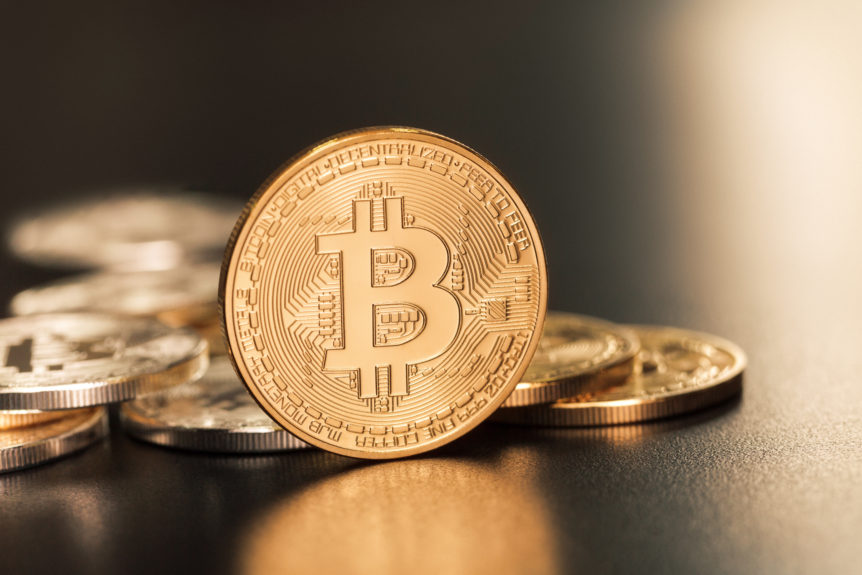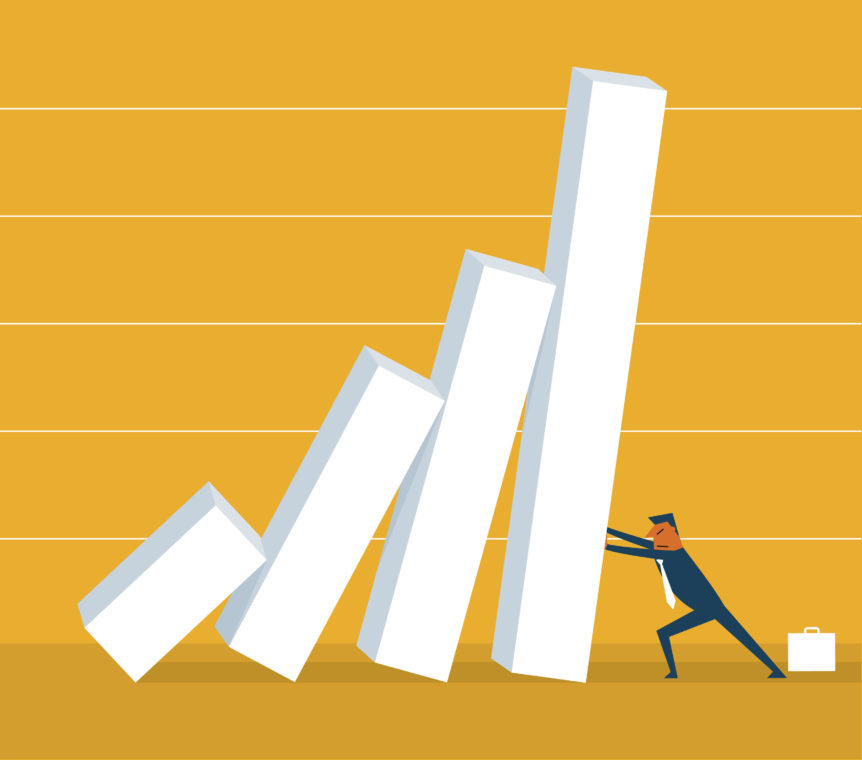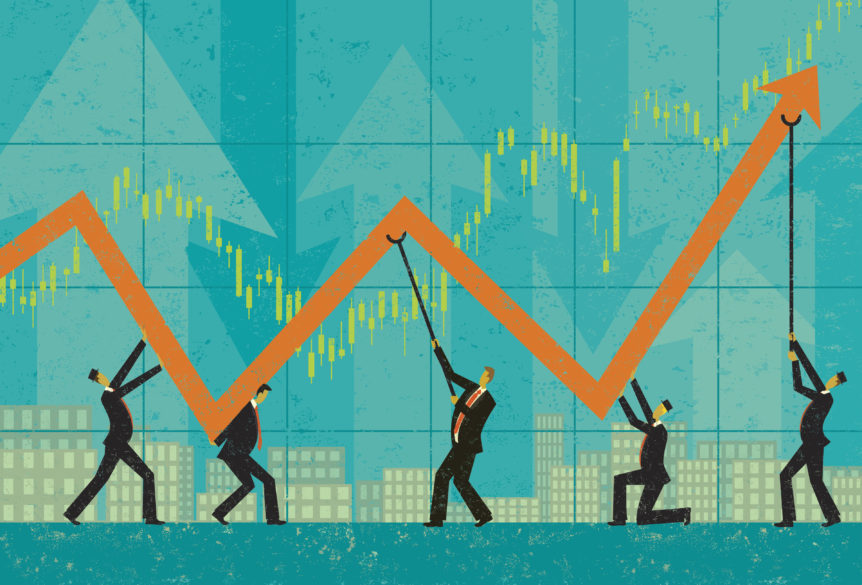News Release by US Department of Labor The U.S. Department of Labor announced new guidance for plan sponsors, plan fiduciaries, record keepers and plan participants on best practices for maintaining cybersecurity, including tips on how to protect the retirement benefits of America’s workers. This is the first time the department’s Employee Benefits Security Administration has issued cybersecurity guidance. This guidance is directed at plan sponsors and fiduciaries regulated by the Employee Retirement Income Security Act, and plan participants and beneficiaries. As of 2018, EBSA estimates that there are 34 million defined benefit plan participants in private pension plans and 106 million defined contribution plan participants covering estimated assets of $9.3 trillion. Without sufficient protections, these participants and assets may be …
September is Life Insurance Awareness Month
By Nicole Snavely, Associate Wealth Coach Life insurance is important to protect your family and is especially vital if you own a business. That makes Life Insurance Awareness Month the perfect time to review your financial plan to make sure you and your family are adequately protected from any unexpected monetary downturn. You protect your property; have you protected YOU? According to the Life Insurance Marketing and Research Association (LIMRA), the pandemic has made us all aware that life is fragile and financial situations can change quickly. While the value of life insurance is generally recognized, 46% of Americans are uninsured and many more do not have enough coverage. Prior to the pandemic, almost one in three families said if …
Does Your Credit Score Really Matter?
In the late 1940s, engineer Bill Fair and mathematician Earl Isaac met while working at the Stanford Research Institute, the legendary post-war industrial thinktank. The two of them developed an algorithm, using a credit scoring system, that helped predict the chances that a borrower would repay a loan. In 1958 they founded Fair, Isaac and Company and soon began pitching their scoring system to financial institutions.1 Fast forward 30 years. The company shortened its name to what its customers were calling it, FICO, and was well on its way to becoming the standard measure for consumer credit worthiness—used for everything from credit cards to mortgages. Today, credit bureaus (also called credit agencies) collect data relevant to your risk as a …
Wall Street’s Wild Ride
We just witnessed the biggest 1-day point drop in the Dow Jones Industrial Average’s (DJIA) history. However, it’s not the biggest percentage drop to occur; it doesn’t even break the top 50. Remember black Monday in 1987, the Dow lost 508 points, that’s a 22.8% crash. The DJIA fell 1,175.21 points, or 4.6%, to 24,345.75. The other major indexes dropped about the same percentage. What does all of that mean? Too often we talk about the market as this nebulous term, an all-encompassing adjective when discussing fluctuation. I would like to take a moment to talk about what this drop means. Nothing. The recent down turn in the DJIA doesn’t mean that much in the grand scheme of things. Let’s …
Is Bitcoin the Future of Money?
Mayer Amschel Rothschild, the founding father of international finance, is reputed to have said, “Permit me to issue and control the money of a nation, and I care not who makes its laws!”1 Money and power are inextricably entwined. Most often it seems like those with the money ultimately decide who will be in power. Which makes the idea of a currency that cannot be manipulated by a government, or controlled by a central bank, a very popular one. In 2009, this libertarian ideal became a reality with the introduction of bitcoin. Purportedly developed by Satoshi Nakamoto (now regarded as a pseudonym), this so-called “cryptocurrency” allows you to pay for things without the involvement of a third-party broker, like a …
The Myth of Beating the Market
Americans have been talking a lot about the “fake news” phenomenon lately, but fake news has been part of the investment world for some time, on TV, online and at cocktail parties. How many “hot stocks” and “can’t fail strategies” have you heard about over the years? Maybe the idea that some stock guru has “the secret to beating the market” is as mythical as a unicorn. According to Dalbar, an independent research firm that has been studying investment performance and investor behavior since 1976, there is evidence that trying to beat the market does investors more harm than good. Their 22nd Annual Quantitative Analysis of Investor Behavior (2016) found that, for the 20-year period ending on December 31, 2015, …
Will You Do Better as an Active Investor or a Passive Investor?
It’s one of the most contentious debates in investing. Perhaps a more important question: which approach will be superior over the long term, active or passive investing? Active investing is when you proactively move assets (buying and selling) with the goal of beating relative market performance as measured by an index. Relying on trend analysis and your past experience, you seek to buy individual stocks, sectors and/or fund managers when they appear low with the plan to sell them when they’re higher. If you guess correctly, you have the potential for significant returns. But if you’re wrong, the results can be costly. Passive investing is when you buy a diverse mix of assets and reallocate your funds only when rebalancing …
Why Passive Investments are Popular
“We’ve long felt that the only value of stock forecasters is to make fortune tellers look good.” This classic quote from Warren Buffett encapsulates the guiding principle of passive investors, who prosper not by trying to do better than the stock market, but by mimicking it at a low cost. These investors are often proponents of index funds and ETFs (exchange-traded funds), which are “portfolios that match or track the components of a market index, such as the Standard & Poor’s 500 Index (S&P 500).”1 Active investors are those who try to beat the performance of the overall stock market by selecting stocks (or other investments, such as bonds, real estate or precious metals) whose value will grow faster than …








